Sheila Heti shares 6 books that have shaped her
The acclaimed author of How Should a Person Be? shares the classics she comes back to again and again

A free daily email with the biggest news stories of the day – and the best features from TheWeek.com
You are now subscribed
Your newsletter sign-up was successful
When you make a purchase through links on our site, we may earn a commission
Sheila Heti is the acclaimed author of How Should a Person Be? and Motherhood, an autobiographical novel about the decision not to become a mother. The paperback edition of Motherhood will be published May 7.
Crime and Punishment by Fyodor Dostoyevsky (1866).
The Week
Escape your echo chamber. Get the facts behind the news, plus analysis from multiple perspectives.

Sign up for The Week's Free Newsletters
From our morning news briefing to a weekly Good News Newsletter, get the best of The Week delivered directly to your inbox.
From our morning news briefing to a weekly Good News Newsletter, get the best of The Week delivered directly to your inbox.
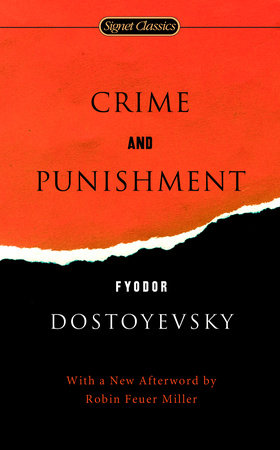
A riveting, astute, absolutely incomparable novel about how the human conscience cannot escape a reckoning. It's also about the degrading effects of poverty, the vanity of youth, the aspiration to genius, the madness brought on by social isolation, and, of course, murder.
Black Boy by Richard Wright (1945).
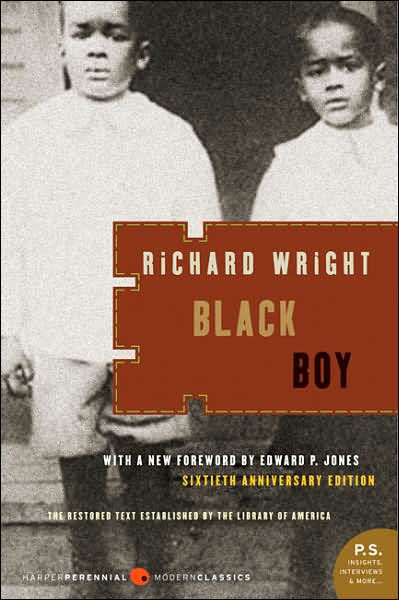
This memoir about growing up black in the first half of the 20th century details a childhood marked by brilliance, poverty, confused mischief, and deep sensitivity. We witness Wright's dawning awareness of racism, the cruelties of white people, and his astonishment and horror as he attempts to adjust to the world as he finds it and, in the process, becomes a writer. This is the best memoir I have ever read.
Two Serious Ladies by Jane Bowles (1943).
A free daily email with the biggest news stories of the day – and the best features from TheWeek.com
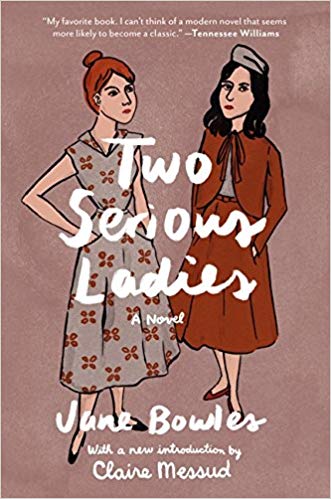
This is the only novel the inimitable Jane Bowles ever wrote. What is remarkable about the book is its sparkling style, humor, eccentricity, and unpredictability, and the sheer madness of the central characters. I love this unique book. It has no imitators.
De Profundis by Oscar Wilde (1949).
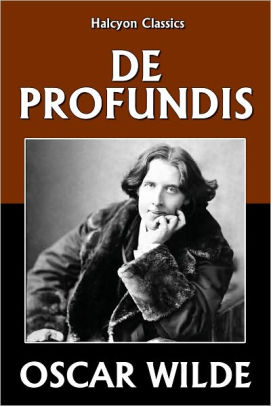
This is the letter that Wilde wrote from prison in 1897 to his former lover, Lord Alfred "Bosie" Douglas. It's a furious indictment of his beloved, an unforgettable document of passion and self-recrimination. As a character sketch of the manipulative, indolent, narcissistic Bosie, it chills the heart.
Is God Is by Aleshea Harris (2017).
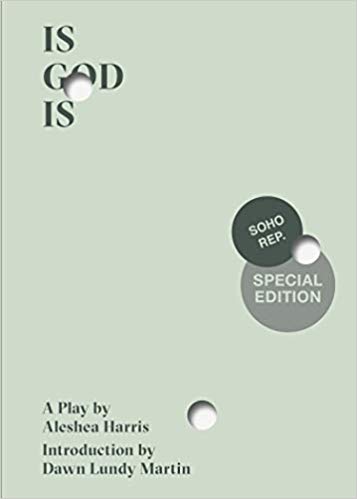
I have never seen this play performed, but reading the vivid, haunting text, I felt as if I were there, sitting in the darkened theater. It is a biblical-scale story of twin girls taking revenge on their father, told in dialogue that's truly funny, contemporary, and grand. (An added thrill is the evocative way Harris formats the page, with smaller and larger fonts expressing the characters' emotional states.)
Jude the Obscure by Thomas Hardy (1895).
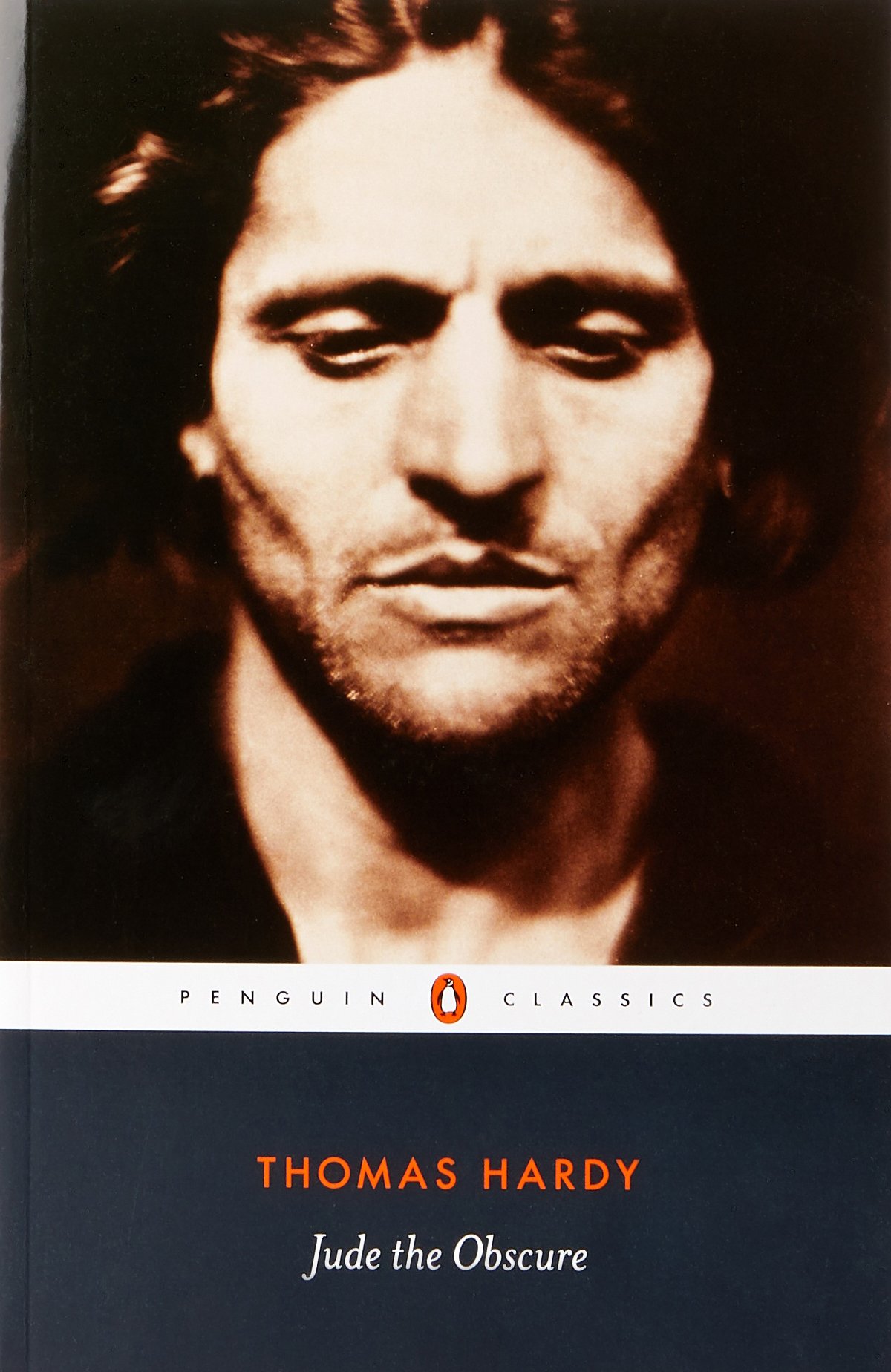
I finished this book with a new, sinking sense of the reality of death, how life is truly over when it's over, and how heartbreaking it is that neither other people, nor the universe, nor God ultimately cared about Jude. And that is universally true: Death means the most to the person who has died. What is sadder than that?
Editor's note: The headline of this article was clarified to better summarize the intent behind the author's list.
This article was first published in the latest issue of The Week magazine. If you want to read more like it, you can try 8 issues for only $1 here.